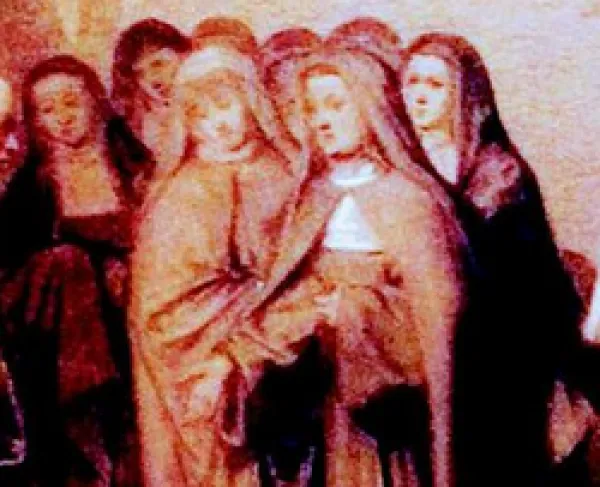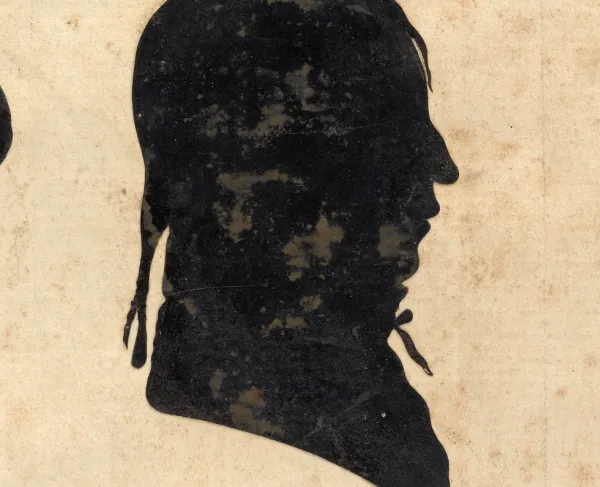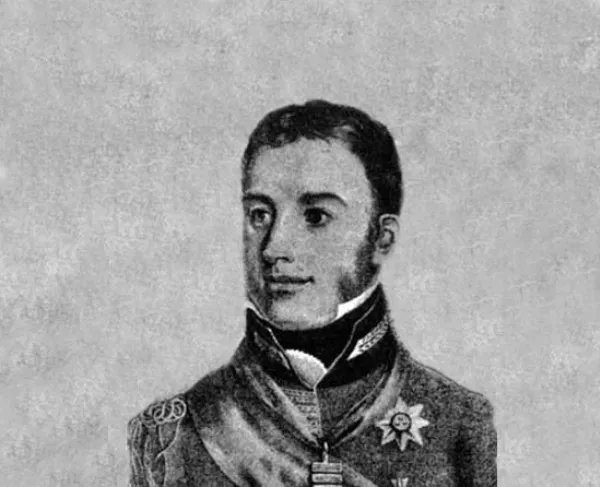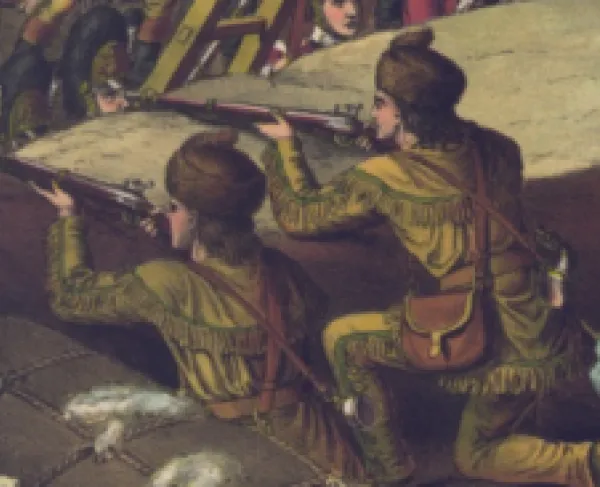Francoise Victoria Olivier de Vezin

Born around 1753, Francoise Victoria Olivier de Vezin grew up with an interest in religious life. She entered the Ursuline Order in New Orleans when she was sixteen years old, becoming a nun and taking a vow of poverty, celibacy, obedience, and teaching. In the Ursuline Order, her name became Mere Sainte Marie.
The Ursuline Order was founded in the late 16th Century in Italy, and convents were founded across Europe. Though not the first Catholic nuns to arrive in North America, women in the Ursuline Order traveled to French colonies in the early 17th Century. In 1727, Ursuline nuns arrived in New Orleans and founded a convent that became a beacon of education for girls and a safe orphanage in the growing colonial city. By the time, Olivier de Vezin took the orders the Ursuline Convent was a recognized landmark and religious institution in New Orleans.
In 1803, a visitor described the convent: “There is an Abbess and eleven nuns, the Sole object of whose temporal Care is the education of female youth. They at present accommodate 73 boarders, and 100 day scholars, each of whom contribute to the support of the house in proportion to the means and condition of the respective parents: and many receive tuition gratis.” That year New Orleans transferred from French control to the United States through the Louisiana Purchase. Around this time, some Ursuline nuns moved to Havana, Cuba—preferring to live and minister under Spanish rule. The remaining nuns proactively reached out to United States leaders, hoping to keep their convent and school operating. During this year of uncertainty, Olivier de Vezin became the Mother Assistant of the convent, and her name appears on some of the documents and letters. President Jefferson and local American sent assurances that the Ursulines would retain their property and ministries and would be protected by freedom of religion through the First Amendment to the U.S. Constitution.
In May 1812, Olivier de Vezin became the Superioress of the New Orleans Convent, in charge of the school and convent. She took this position as international turmoil brought the United States and Great Britain into the War of 1812. Living in one of the United States’ most prosperous ports put her, the other nuns and their female students in the potential path of conflict. In 1813, American soldiers at a nearby military hospital regularly trespassed onto the convent’s property where rowdy soldiers tried to gather plunder or broke into females' rooms. Superioress Olivier de Vezin wrote letters complaining of the situation and asking for protection.
The following year British warships and an army force headed for New Orleans. Militia units prepared to defend the city, and General Andrew Jackson arrived to lead the gathering American force. Earlier in 1814, a British army had burned buildings in Washington D.C. and attempted to capture Baltimore, Maryland. Olivier de Vezin—like many of the New Orleans civilians—worried what would be stole, plundered, or destroyed if the British took the city.
In the Ursuline chapel stood a large, wooden statue of the Virgin Mary and Infant Jesus which had been sent to New Orleans in 1810. Called “Our Lady of Prompt Succor,” the icon had already been created with bringing divine intervention in 1812 and saving the convent buildings from a city fire. Sometime during the evening of January 7 or 8, 1815, as New Orleans waited for new of victory or defeat from the battlefield at Chalmette, Olivier de Vezin directed the statue to be placed prominently in the chapel. She vowed that if the Americans won the battle, she would institute an annual Mass of Thanksgiving. Account to some accounts, the Ursuline nuns were continuing their hours’ long prayers for deliverance when a messenger arrived at the chapel with news of an American victory.
In the aftermath of the Battle of New Orleans, General Andrew Jackson sent his thanks for the nuns for their prayers and aid for the wounded. The Louisiana Legislature included gratitude to the convent in their resolutions: “The Ursuline nuns are also entitled to a particular notice. They gave admittance within the walls of their monastery to as many of the sick as could be conveniently lodged therein, and afford them every aid, comfortably to the dictates of true charity.” On January 23, 1815, a Mass of Thanksgiving was held at the chapel, attended by many of the American officers and prominent citizens. Superioress Olivier de Vezin also kept her vow, and a special Mass is observed every January 8 in New Orleans in thanksgiving for the American victory.
Related Battles
71
2,034





